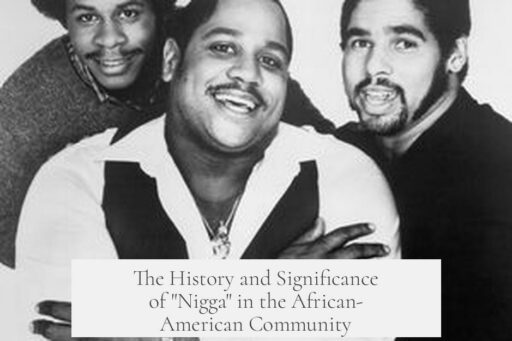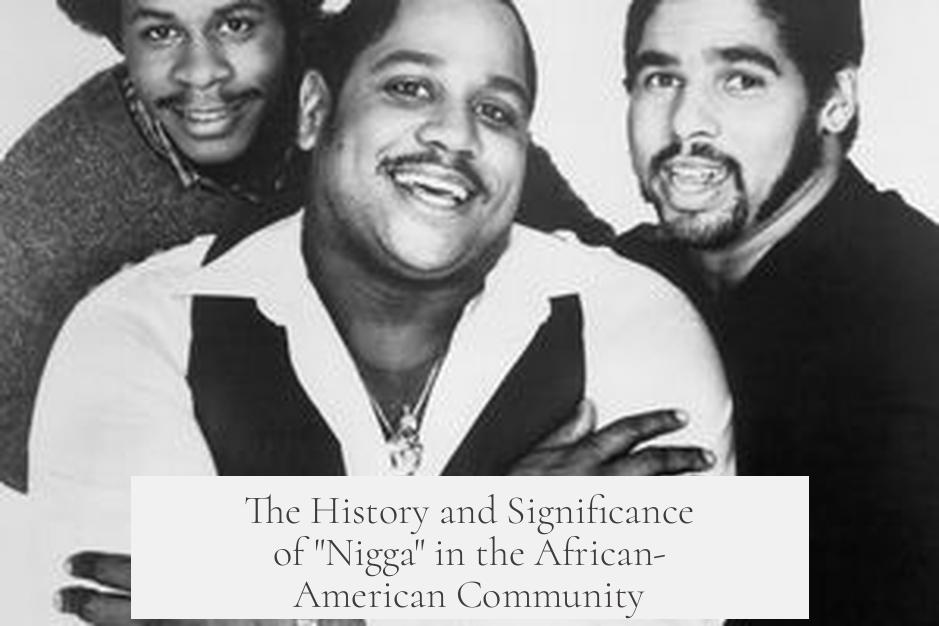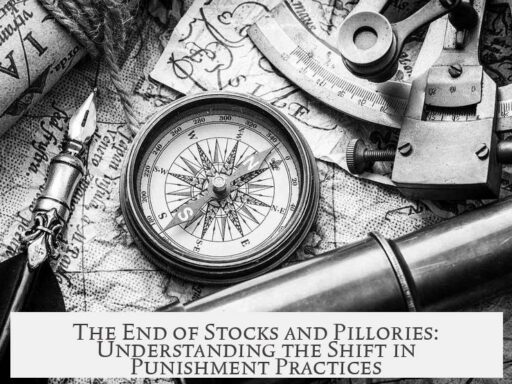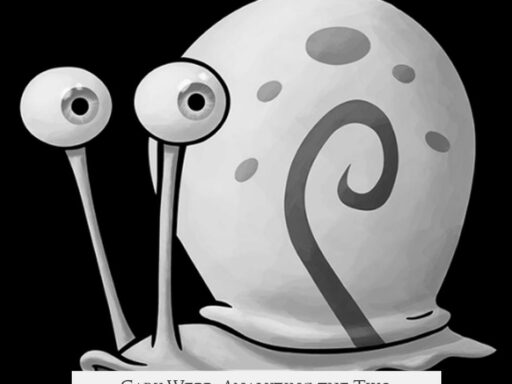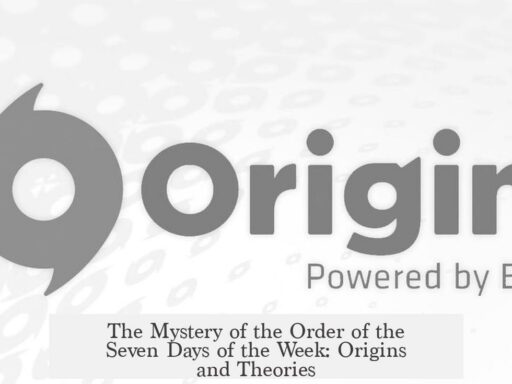The African-American community began referring to one another as “nigga” primarily during the late 1960s and early 1970s. This shift emerged from a desire to reclaim and reshape a word historically used to demean and dehumanize Black people. “Nigga” functions as a transformed version of the racial slur “nigger,” with its altered pronunciation rooted in African-American Vernacular English (AAVE). The term gained prominence partly through cultural expressions such as comedy, music, and film, serving as a symbol of internal solidarity and a means to depower the original slur.
The word “nigger” holds a long history of oppression and degradation targeting African-Americans. In contrast, “nigga” developed a different connotation within Black communities. The altered pronunciation, dropping the final consonant, is characteristic of AAVE or Ebonics, a legitimate linguistic dialect with unique phonological rules. Linguists note that “nigga” is essentially “nigger” filtered through the phonetic patterns of this dialect.
Usage of “nigga” in African-American speech reflects semantic bleaching, where the term loses its original hostile meaning. This has transformed “nigga” into a more generic label akin to words like “guy” or “man,” sometimes used affectionately among Black people. This change in meaning also helps distinguish “nigga” within certain speech communities from “nigger,” which remains a highly offensive slur when used outside those circles.
Historically, Black artists and performers played a key role in bringing “nigga” into broader visibility. Comedians Richard Pryor and Paul Mooney incorporated it in their acts during the 1970s to confront and neutralize the slur’s power. Mooney described their goal as “depowering” the word, turning it into something reclaimable. This process coincided with the rise of the Black Power movement, which emphasized racial pride and cultural empowerment.
Music and film also amplified the term’s usage. Early instances appear in works by The Last Poets and Melvin Van Peebles’ film Sweet Sweetback’s Badasssss Song. These cultural works pushed “nigga” from strictly private usage into mainstream African-American artistic expression, blending political motivation and social commentary.
The motivations behind adopting “nigga” within the African-American community are complex. It has been a tool for solidarity, a marker of shared history, and a way to reject the negative power historically embedded in the original slur. It also serves as a linguistic identity, distinguishing acceptable social interactions and behaviors within Black culture.
Usage restrictions remain complex and controversial. Not all African-Americans embrace the term, and opinions vary widely. The NAACP, for example, opposes the use of both “nigga” and “nigger.” Within the community, some see the word as a reclaiming act, while others reject it due to its painful history.
The diversity of African-American experiences and speech practices means there is no monolithic stance on the term. Some African Americans do not speak AAVE natively, and some avoid the term altogether. Others creatively repurpose it for new meanings, such as Tupac Shakur’s acronym “Never Ignorant Getting Goals Accomplished,” which frames the word positively.
| Aspect | Details |
|---|---|
| When | Late 1960s to early 1970s, during cultural shifts linked to Black Power |
| Why | Reclaim, depower the original slur; solidarity; linguistic identity within AAVE |
| Origin | Phonetic shift in African-American Vernacular English (AAVE) |
| Mainstream Rise | Promoted by comedians (Pryor, Mooney), musicians (The Last Poets), films (Sweet Sweetback) |
| Semantic Change | Semantic bleaching; from offensive to more generic, sometimes affectionate |
| Community Views | Mixed—some accept as reclaiming, others reject due to history |
Summing up key points:
- The term “nigga” evolved in the late 20th century as a reappropriation of a derogatory slur.
- AAVE phonetics shape the distinct pronunciation, making it culturally specific.
- It has become a tool of solidarity and cultural expression but remains controversial.
- Artists and the Black Power movement played a key role in popularizing its usage.
- Semantic bleaching has softened its offensiveness in some contexts.
- There is no uniform view within the African-American community.
When and Why Did the African-American Community Begin Referring to One Another as “Nigga”?
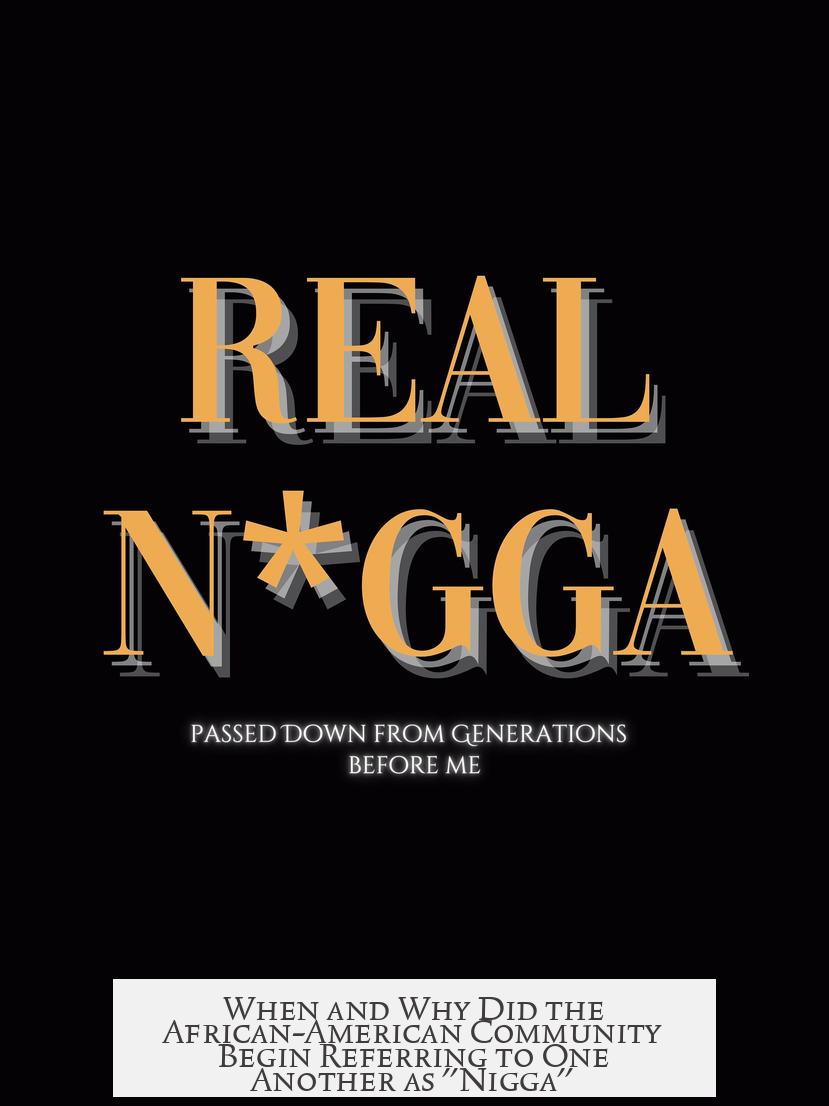
The African-American community began referring to each other as “nigga” primarily from the late 1960s and early 1970s, motivated by a desire to reclaim a hateful slur and transform it into a term of solidarity, camaraderie, and cultural identity. But that’s just the start. Unpacking this linguistic journey reveals a deep, complex story of language, power, and identity.
Let’s dive into the history, motivations, and evolving meanings behind this controversial term—and why it continues to provoke debate and dialogue today.
Understanding “Nigga” vs. “Nigger”: More Than Just Spelling
At first glance, “nigga” looks and sounds quite a lot like “nigger.” Yet, the difference goes beyond phonetics. “Nigger” has been a weapon of hate, a tool to dehumanize African-Americans for centuries. “Nigga,” on the other hand, evolved within the African-American community itself and carries very different connotations.
The term did not only describe lives loathed; it also described lives loved. This shift is a form of agency—African-Americans taking control of their language, reshaping a term laden with pain into one that can express affection, solidarity, or a casual form of address.
As noted by cultural observers, the response to the word changes dramatically depending on who says it. For example, when Michael Richards shouted the original slur, the reaction was outrage. But when African-American artists in gangsta rap used “nigga,” many saw it as a reclaiming of power. It became less about malice and more about bonding, even as it distinguished acceptable forms of behavior within the community.
Language Roots: African-American Vernacular English (AAVE)
To understand why “nigga” sounds how it does, we need to understand African-American Vernacular English—popularly termed Ebonics. AAVE is a distinct dialect with unique grammatical and phonetic features.
One hallmark is the dropping of certain consonants, such as the final “r” sound in “nigger.” This makes the word sound more like “nigga.” Some linguists argue that “nigga” is essentially “nigger” filtered through AAVE pronunciation.
John Rickford, a leading scholar on the subject, emphasizes that Ebonics is a legitimate dialect of English—not a corrupted or uneducated form. It’s an evolution of language born from specific cultural experiences.
From the Underground to Mainstream: 1960s and ’70s Cultural Shifts
When did “nigga” first appear prominently? You see early mainstream uses in the late 1960s and early 1970s. Groups like The Last Poets boldly used it in art and music, such as in their revolutionary song “Niggers are Scared of Revolution.” Movies like Melvin Van Peebles’ Sweet Sweetback’s Badasssss Song (1971) also featured it prominently.
Closer to the mainstream, comedians like Richard Pryor and Paul Mooney used “nigga” in their performances to “depower” the word. Their comedy made it a tool of social commentary, stripping the term of its sting by taking control. Mooney noted that using the term was politically motivated, and he wrote that this use lasted over three decades.
That said, black Americans were using variations of the term internally long before Pryor’s fame. But Pryor’s role in popularizing it can’t be overstated.
Why Reclaim the Word?
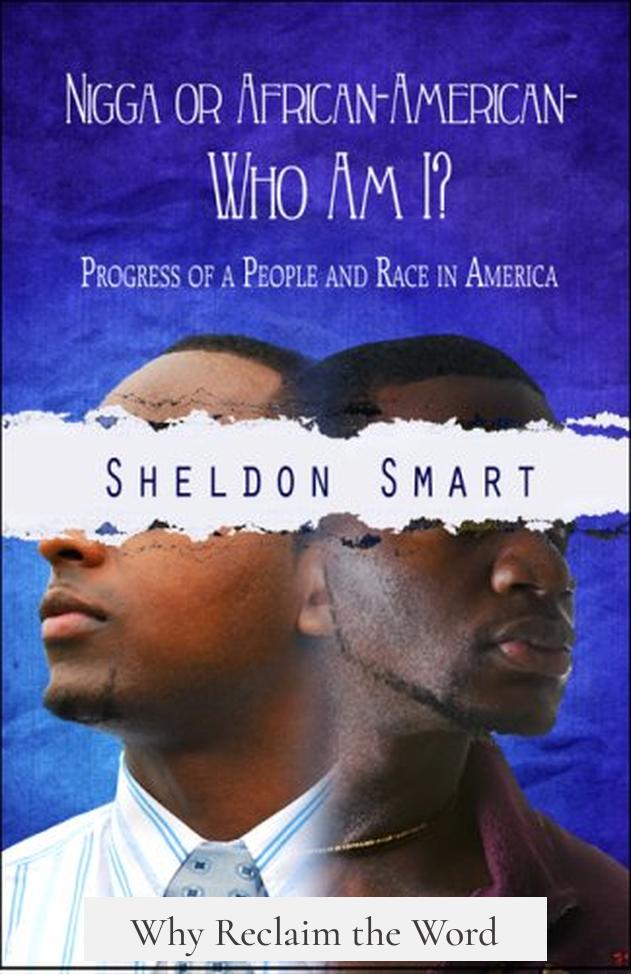
So, why transform a hateful slur into a term among peers? The answer lies in the power of semantic bleaching—a process where a word loses its negative or specific meaning and becomes more generic.
During the rise of the Black Power movement, many African-Americans embraced the term as a way to own their history and culture, turning pain into pride. It became a term of endearment, camaraderie, or casual address—almost akin to “buddy” or “man.”
As Mooney reflects, using the term in comedy was a form of resistance: reclaiming and reshaping the word to rob it of its harm. Throughout the 19th century, African-Americans also used it as a form of solidarity, a recognition of shared history, and connection.
Semantic Bleaching and Today’s Usage
Today, “nigga” has further severed from its original slur roots in some circles. Linguists studying African-American English find it undergoing “semantic bleaching.” It can now mean less about race or even humanity. Some speakers use it casually as a replacement for “guy” or “friend,” sometimes even referring to individuals outside the African-American community.
This ongoing evolution troubles some and fascinates others. It shows the flexibility of language, but also the sensitivities around it.
A Word with Many Meanings: Diversity of Opinions
Important to note, there is no single, monolithic consensus within the African-American community about using “nigga.” Some embrace it fully; others reject it outright.
Tupac Shakur famously turned the word into a positive acronym: Never Ignorant Getting Goals Accomplished, turning trash into treasure. Meanwhile, organizations like the NAACP firmly oppose its use in any form, citing its painful history.
Because of the nuances in language backgrounds—some African-Americans don’t speak AAVE natively—the term’s acceptability varies widely.
In Conclusion: Language, Identity, and Power
The history of African-Americans calling each other “nigga” is a story of linguistic creativity, cultural resilience, and complicated identity politics.
It shows how communities can reclaim oppressive language and reshape it, but also how meanings can shift across time, place, and context. There’s humor, politics, solidarity, and pain all intertwined in this word.
So, when and why did the African-American community begin using this word? In brief: From the late 1960s and ‘70s onward, motivated by the Black Power movement and cultural expression, African-Americans started reshaping ‘nigger’ into ‘nigga’ as a symbol of solidarity, agency, and reclamation—filtered through the unique patterns of African-American Vernacular English.
What do you think? Can reclaiming a slur ever fully erase its original harm? Or is the word forever a reminder of a painful past? The conversation continues, rich with history and passion.
When did African Americans begin using the term “nigga” within their community?
The term “nigga” began to be used in the late 1960s and early 1970s, gaining mainstream exposure through comedians like Richard Pryor and Paul Mooney. It was also in use before this, especially during the rise of the Black Power movement.
Why did the African-American community start using “nigga” instead of the original slur?
Using “nigga” was a way to reclaim and depower the slur “nigger.” It signaled solidarity and reshaped the term’s meaning, changing it from a word of hate to one sometimes used affectionately or to reflect cultural identity.
How does “nigga” differ from “nigger” in African-American Vernacular English?
In AAVE, “nigga” is a phonetic variation of “nigger,” but its meaning often shifts. It can lose its hateful meaning and act more like a neutral or even positive term within certain communities, distinct from the original slur.
What role did African-American Vernacular English play in popularizing the term “nigga”?
AAVE, or Ebonics, shaped the pronunciation and cultural usage of “nigga.” The dropping of the final consonant represents a linguistic feature that allowed the term to diverge in meaning from the original slur.
Is there a unified opinion within the African-American community about using the word “nigga”?
No, opinions vary widely. Some view it as a term of camaraderie or cultural identity. Others reject its use due to its painful history. The community is diverse, and views on the term differ significantly.
